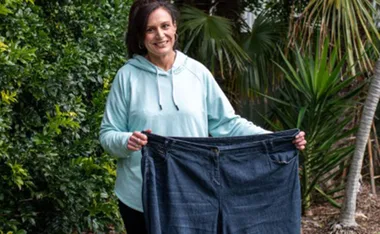If one of your resolutions is to get into shape, here’s part two of our review of the latest diet and food fads.
Low-carbs foods
There are many new products on the supermarket shelves labeled ‘low-carb’ but, unlike terms like ‘low-fat’, it’s interesting to note that there is no formal standard on what a low-carb food really means. Manufacturers of low-carb foods have tapped into consumer demand for easy-to-use products when following low-carb diets. But it’s important to remember that, even though these products may have fewer carbs than their traditional counterpart, they are not carb-free. And this is a good thing! Diets that cut out carbs are not balanced and not sustainable. They can be high in saturated fat and low on energy and can leave you feeling wrung out, rather than bursting with good health and vitality.
CSIRO Total Wellbeing Diet
This Australian devised bestseller, is a nutritionally complete diet, but only suits those people who are happy to eat lean meat, fish or poultry twice a day. Follow-up research has shown good results from the pepped-up protein approach. Middle-aged women with abdominal obesity, who followed the diet for over a year, have shown reduced health risks and sustained weight loss, especially around the waist.
Macrobiotic diet
This is an oldie that keeps reinventing itself. There are many versions of this diet, some far stricter than others, concentrating almost exclusively on whole-grains and water. Even the more liberal versions have low levels of calcium, iron, zinc, magnesium, protein and some B group vitamins. Weight loss works due to the foods being low in energy density and filling due to the high fibre content. But the diet is difficult to stick to, especially if you want even a taste of a social life.
Last bite
Remember the best approach to long-term weight loss is lifestyle based and includes changes to your exercise and eating habits, plus having the right mindset. Support is also vital and most people have an extra edge to success when they join a formal program like Jenny Craig or Weight Watchers. For specialised advice, particularly if you have existing medical problems, see an accredited practising dietitian — search for one in your area at www.daa.asn.au











